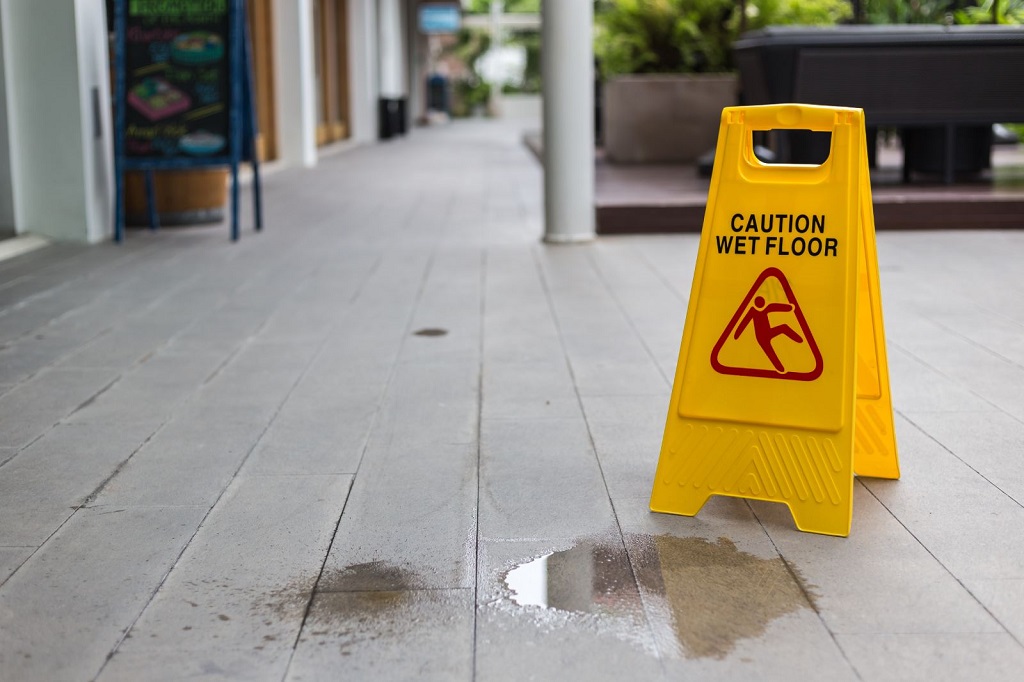Premises Liability Who Is Responsible

Premises liability is a personal injury claim involving injuries sustained on someone else’s property. It is based on the law that states property owners owe a duty of care to keep their properties safe for guests. You must demonstrate that the negligent party violated this duty of care to succeed in a premises liability lawsuit. It can be accomplished through pictures, medical records, expert testimony, and other documentation.
Business Owners
Whether running a restaurant or owning a retail store, you must keep your property safe. It is known as premises liability. Business owners have a greater duty to protect visitors than homeowners since more people are coming in and out throughout the day. In general, anyone who lawfully enters your property – including employees, customers, delivery drivers and solicitors – has the right to expect you to take reasonable steps to maintain your premises reasonably safe. It means removing tripping hazards, properly lighting outdoor areas and cleaning up spills promptly. Premises liability also extends to those with a permission slip – like a guest or family member visiting for the holidays. The exact legal classification depends on whether the person is an invitee, a licensee or a trespasser. Invitees are those you have invited onto your property for business-related reasons – such as shoppers at your store or guests in your home.
Landlords
As property owners, landlords are expected to keep their buildings in reasonably safe conditions. When they fail to do so, and someone gets hurt, they could be held responsible for a premises liability claim. Landlords also must provide their tenants with safe living conditions. It includes ensuring all maintenance issues are resolved in a reasonable timeframe. If a tenant gives a landlord a written request for repairs to a dangerous situation, the landlord has a legal obligation to take action. The general rule that a landlord cannot be held liable for injuries sustained on a leased property after it has been turned over for use by a tenant has several exceptions. However, this is something that an experienced attorney can help determine. Firms like Killian Law would look at the facts of a case and determine who was liable for the injury. For example, there are different responsibilities for visitors who enter the property lawfully as invitees or licensees.
Property Managers
Property managers, whether they are overseeing a commercial property or a residential home, are also responsible for keeping the premises safe. In a premises liability case, the injured person must prove that the property manager had a duty to maintain the grounds and that they breached that task causing injury. In addition to proving these elements, the victim must show that the breach of the duty of care directly caused their injuries. When these requirements are met, a person can receive monetary compensation for damages. It can include medical bills, hospitalization costs, future lost earnings, pain and suffering, mental anguish, and other damages. It is essential for property owners, building occupiers and managers to take action when they know of potential dangers on their grounds. They should make it easy for tenants to report problems and ensure that these issues are addressed promptly. It can prevent accidents and keep people safe. It may also help avoid liability claims under pure comparative negligence laws, which assign a percentage of fault to each party involved in an accident.
Employees
If you are a guest at someone else’s home and are injured by an unsafe condition on the property, such as a broken staircase or extension cords in the aisles, your employees could be liable under premises liability. It is because the law entrusts employees responsible for keeping the property safe and free of tripping hazards, cleaning up spills or ice conditions, and more. The exact duty of care depends on your reason for being at the property, with invitees (people who are invited onto the property for business purposes) being held to a higher standard than licensees or trespassers. It also depends on whether the owner knew of the dangerous condition and had a reasonable amount of time to fix it before you were injured.
